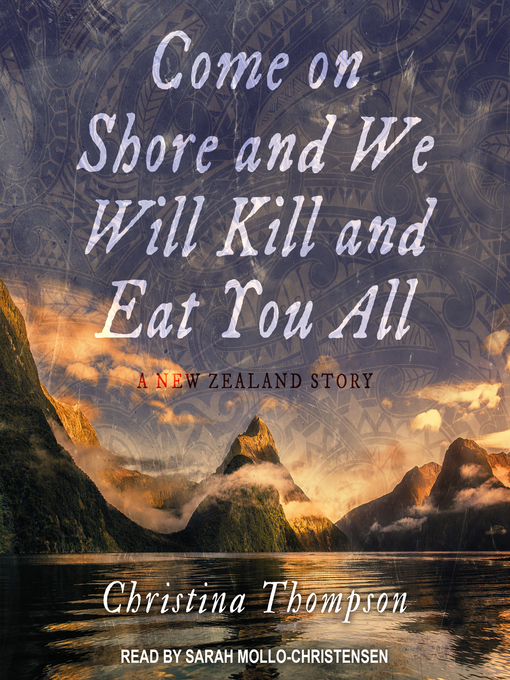- Available Now
- Newly Added eBooks
- Newly Added Childrens eBooks
- Newly Added Teen eBooks
- No waiting No Holds eBooks
- See all ebooks collections
- Available Now
- Newly Added Audiobooks
- Newly Added Childrens Audiobooks
- Newly Added Teen Audiobooks
- See all audiobooks collections

